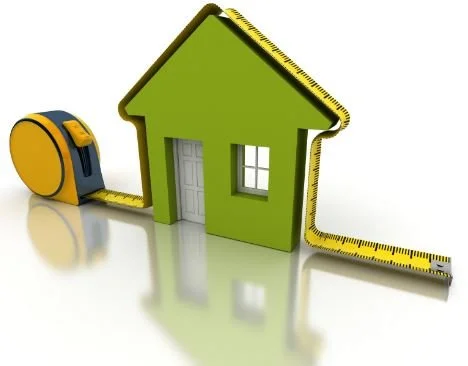At Town & Country Residential Appraisals, we are overflowing with appreciation as we extend our sincerest thanks to those who have supported us throughout our journey. It is with immense pride and joy that we accept the honor of being awarded the Gold Badge for the second time in a row in the highly regarded Best of Westmoreland contest.
Our success wouldn't have been possible without the support of our nominators and voters, the trust given to us by our valued clients, and the faith placed in our services by the community we serve. Your confidence in our expertise drives us to continuously raise the bar in providing exceptional residential appraisal solutions.
While this is only the 2nd year for the contest, it grew exponentially for 2023 and we faced formidable competition from six other distinguished appraisal offices. However, we secured our position as the reigning champions for both years.
Such a momentous achievement is truly a cause for celebration, and we couldn't be prouder to share this milestone with you all. It is a testament to our unwavering commitment to delivering accurate and reliable appraisals and a reminder of the exceptional team behind Town & Country Residential Appraisals.
Thank you for joining us on this incredible journey. Your continuous support and trust inspire us to reach even greater heights, and we look forward to serving you with the same passion and dedication for years to come.
We can’t say thank you enough.
Our goal is to continue providing the best in real estate appraisal services
throughout the entire County of Westmoreland.
Our services include appraisals for divorces, expert witness testimony, bankruptcy, estates, pre-listing, consulting for subdividing large parcels, pre-construction, renovations and lender work.
Choose the two-time Gold Badge Winner in the Best of Westmoreland contest for your residential appraisal needs, and discover the difference that sets us apart, where excellence meets recognition, results exceed expectations and as we say here “Where Values Matter!”





























